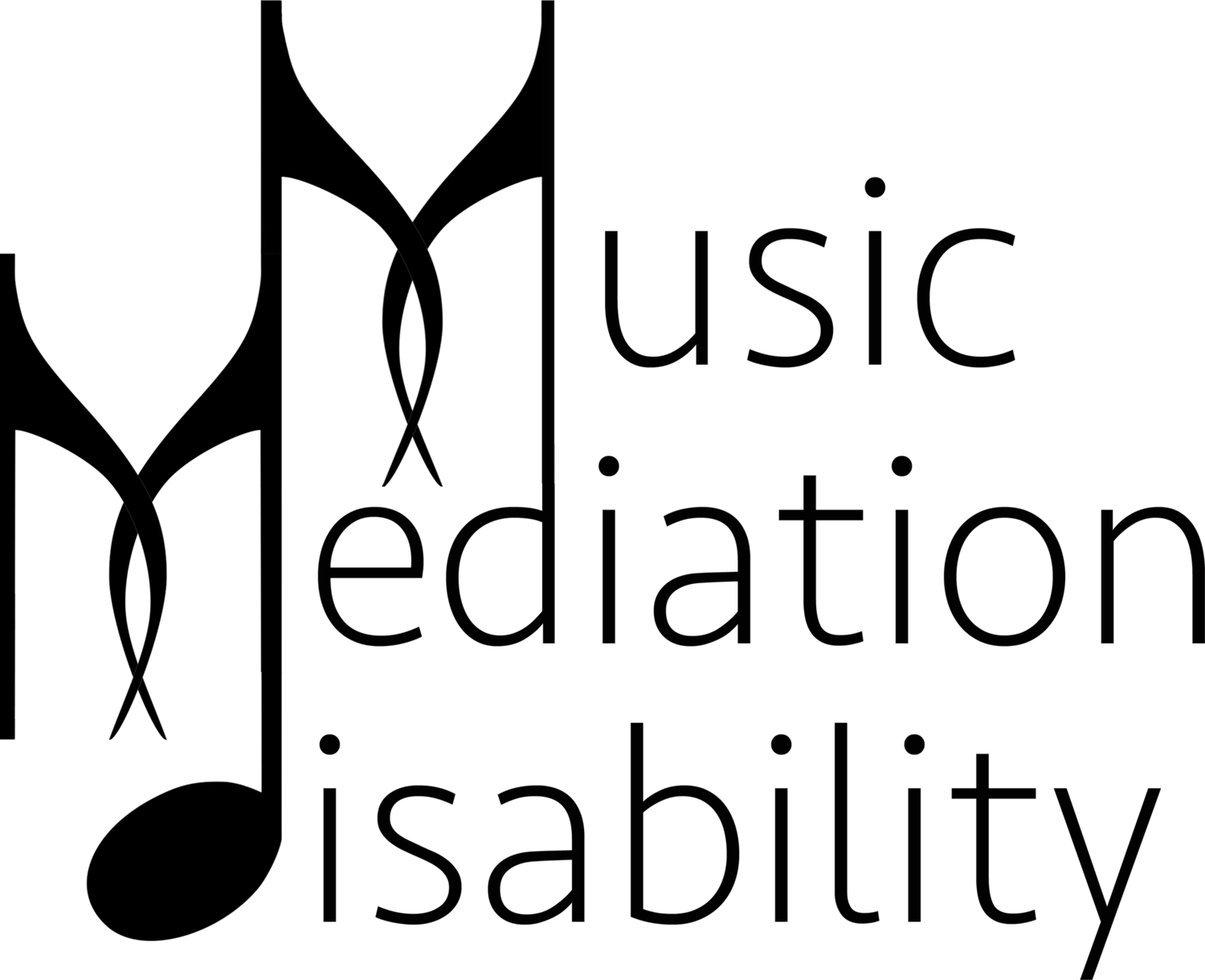Organizing Committee
The organizing committee for Music, Mediation, Disability: Representation and Access comprises representatives from the American Musicological Society Study Group on Music and Disability, the Society for Music Theory Music and Disability Interest Group, and the Society for Ethnomusicology Disability and Deaf Studies Special Interest Group.
James Deaville
James Deaville teaches Music in the School for Studies in Art and Culture at Carleton University. He edited Music in Television (Routledge, 2010) and with Christina Baade co-edited Music and the Broadcast Experience (Oxford, 2016) and is currently co-editing The Oxford Handbook on Music and Advertising (2020). In 2019 he received a four year grant from the Social Sciences and Humanities Research Council of Canada to conduct research on the roles of music and sound in cinematic and televisual representations of disability. He also published last year the article “The moaning of (un-)life: Animacy, muteness and eugenics in cinematic and televisual representation” in the Disability and Voice special issue of the Journal of Interdisciplinary Voice Studies.
Samantha Jones
Samantha is a musician, dancer, and doctoral candidate in ethnomusicology at Harvard University. Her dissertation research focuses on the intersection of dis/ability, aesthetics, and ethics among dancers who participate in the Irish traditional music and dance scene in Boston, Massachusetts. Sam currently serves as the Co-Chair for the Disability and Deaf Studies Special Interest Group of the Society for Ethnomusicology and as Communications Coordinator for the Dance, Movement, and Gesture Section of the Society for Ethnomusicology.
Natalia Esling
Natalia is an SSHRC Postdoctoral Fellow in the Department of Theatre & Film at the University of British Columbia. Her artistic research project involves collaborating with survivors of traumatic brain injury to develop small-scale immersive performance for healthcare students. She serves on the Future advisory Board of Performance Studies international (PSi) and on the Board of Directors for the Canadian Association for Theatre Research (CATR).
Stefan Sunandan Honisch
Stefan is a Banting Postdoctoral Fellow in the Department of Theatre and Film, at the University of British Columbia. His postdoctoral research explores the relationship between aesthetics and politics in Helen Keller’s musical life, documented in Keller’s own writings, and in contemporaneous newspaper, magazines, photographs, and films. Stefan is co-chair of the American Musicological Society Study Group on Music and Disability.
Chantal Lemire
Chantal is a violinist, violist, and doctoral candidate in music theory at the University of Western Ontario. Her research focuses on the musical qualities of speech and the use of speech as compositional material in popular song and art music, as well as in performance art and poetry. She is the chair of the Society for Music Theory Interest Group on Music and Disability, and Program Development Manager for the Orchestra North Summer Program.
Ailsa Lipscombe
Ailsa is a doctoral candidate in music at the University of Chicago and the Co-Chair of the SEM's Disability and Deaf Studies Special Interest Group. Her research explores how relationships to time and the environment are mediated through relationships to sound. In her doctoral project she explores the sonic profile of medicalized spaces and the myriad ways people interpret sound and silence. She is a 2015 Fulbright Scholar and recent recipient of the Society for Ethnomusicology’s Charlotte Frisbie Prize.
Tech Support
Parker Nichols is a second-year graduate student in the Music and Culture program at Carleton University. His research interests include experimental techno, popular music, and the commodification of subcultural music practices. Parker is currently the President of the Music and Culture Graduate Society and acts as a student representative on the new Carleton Music EDI committee.
Brendan Kent is enrolled in the Music and Culture program at Carleton University (Ottawa, ON, Canada) where he is working on his master’s thesis “Live Streaming Musical Communities: lessons learned from networked improvising during COVID-19.” His research interests include improvisation, participation, sound installations and networked music making.

